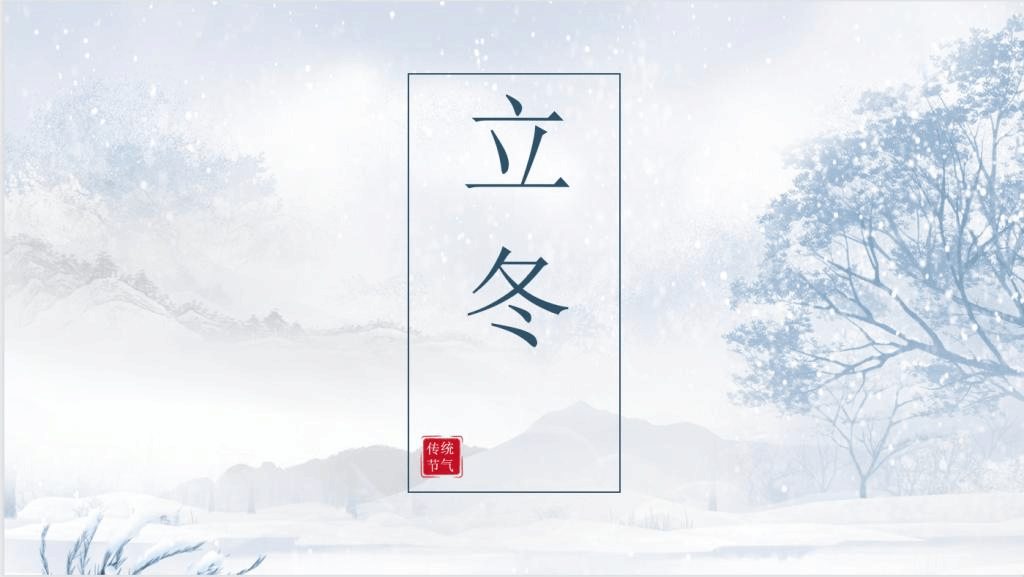Editor's note: The 24 Solar terms are an ancient Chinese calendar used to guide farming. They are the crystallization of the accumulated experience and wisdom of the working people of the Chinese nation. Since ancient China was an agricultural society, people required a strict understanding of the sun’s movement, and farming was conducted entirely according to the sun as well. Therefore, the “24 solar terms”, which reflects the sun’s movement cycle, were added to the calendar as the standard for determining leap months. The 24 solar terms are: Start of Spring, Rain, Awakening of Insects, Spring Equinox, Qingming festival, Grain Rain, Start of Summer, Grain buds, Grain in Ear, Summer Solstice, Minor Heat, Major Heat, Start of Autumn, End of Heat, White Dew, Autumn Equinox, Cold Dew, Frost’s Descent, Start of Winter, Minor Snow, Major Snow, Winter Solstice, Minor Cold and Major Cold. On November 30, 2016, China’s “24 Solar terms” were officially inscribed on UNESCO’s Representative List of intangible Cultural Heritages of Humanity. We have introduced this 24 Solar terms column to bring you a taste of the beauty of traditional Chinese culture.
Falling on the 7th of November, the Start of Winter, as the 19th solar term, indicates the tangible arrival of winter on a general basis. While the weather in southern China is still warm and comfortable during this period, some northern places meet the first snow of the year or even already have showered feathery snowflakes heavily.

Start of Winter
Since the temperature is falling more rapidly, animal activities are much less than before. At this moment, the sight of wildlife is considerably rare to catch, let alone observing their behavioral changes. However, it’s turn for the fascinating blossom of Wintersweet to get on the stage. Contrary to other plants, it bloom out elegant flowers facing the howling wind, hence the spirits are spoken highly of in many Chinese ancient poems as symbols of the gentleman.
With abundant experiences in agriculture, Chinese share a common sense that crops are harvested in autumn and stored in winter. Therefore, Start of Winter also drops a hint that it is time to pack up some crops as storage and enjoy what they’ve gained after those busy work in the fall. So traditionally, big feasts for the family are never absent. In addition to that, Chinese observe many customs like holding sacrificial rituals to pray for a bumper harvest in the coming year and brewing yellow rice wine. And among them, eating dumplings is widely spread. Translated as “ Jiao Zi”, dumplings carry a homophonic meaning of the point when autumn and winter meet. There is also an interesting saying that eating ear-shaped dumplings will protect people’s ears and keep them warm throughout the winter.
As Shelley wrote, "If winter comes, can spring be far behind?" Even though Start of Winter is just the beginning of such freezing season, what people could do is to accumulate energy and prepare well for the next chance, instead of sinking in desperation.

